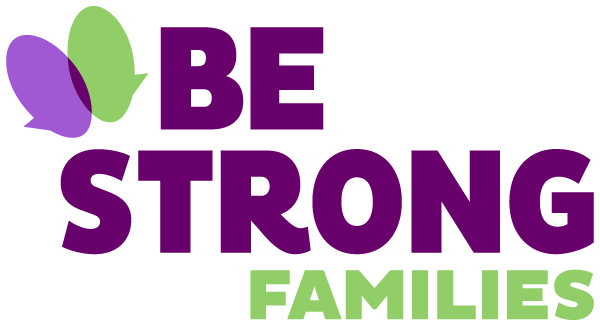Why Are Cafés So Great? - How Cafés Promote Equity and Belonging
Welcome to another installment of "Why Cafés Are So Great"! Today, we delve into a topic close to our hearts: how cafés foster equity and a sense of belonging.
In a world where many struggle to find spaces where they can truly be themselves, cafés offer a unique refuge. As Denise Boston eloquently put it during the Racial Equity Leadership Lab (RELL), Cultivating racial equity means providing a space where everyone can be included, everyone can feel heard, everyone’s opinion matters. The purpose of the RELL, she said was “We want people to be able to show up as their full selves in a world that doesn’t invite that. Everybody has a story and a reason for their story. To be present in other people’s lives is a gift that you’re giving people.”
Cafés are such a place of presence and gift.
Cafés invite people to show up as they are and to tell their story. Like the Planet Fitness slogan, they are – intentionally -- a Judgment Free Zone. That’s part of the Café agreements. Also, there is no hierarchy of opinion at a Café table: people are equal, experts on and speaking to their own experience. They are present to each other’s stories. They are listening and witnessing and connecting beyond the words that are spoken.
There’s an agreement “don’t give advice.” If you want to give advice you are instead encouraged to share from your own experience. As you share your wisdom, knowing that you’ve got the answer for someone else… you can be surprised by the response: “Yup, tried that. It didn’t work.” Now you have newfound respect for that person who you thought needed your help. And you are so glad you didn’t “should on them” or you would have been embarrassed or felt compelled to defend your opinion, sacrificing connection, outing your ignorance. Instead, a window opens. Curiosity. Maybe there’s more?
In this way, Cafés create opportunities to tacitly and quietly disrupt biases. When we bring suit-and-tie white bureaucrats to sit with African American parents from the south side of Chicago, magic happens. When we bring DCFS staff together with child welfare-involved parents, magic happens. When we bring seasoned parents together with teen parents or Latinx, or foster parents and birth parents together, or African American, white and Chinese parents together at a Cafe, magic happens.
What’s the magic? People talk deeply and share with others they’ve never had that kind of conversation with before. They learn from people — get support and ideas from people —- they never thought would have anything to teach them. When this happens, they become aware of their biases and preconceptions, even as they are disrupted. The beauty part is that no one has to share or admit the sea change that happened in their internal universe unless they choose to.
Which they often do.
There have been countless aha moments during Café harvests on the theme of “I came in thinking x, and I am leaving knowing y.” “I am humbled.”
This is transformation and it happens quickly and effortlessly as a byproduct of the Café process. Cafés give participants an experience of being part of the human family — with important things in common with people who have very different life experiences. Simultaneously they create opportunities to hear different perspectives and to understand ideas and opinions grounded in experiences that are not theirs. In A More Perfect Union Parent Cafés where people from different backgrounds share experiences with the police, with religion, with treatment by healthcare professionals, with being new and different in a school or community. Participants learn by simply listening and thereby gain appreciation and understanding of life circumstances they haven’t experienced. In this way, Cafés cultivate understanding, compassion, respect and cultural humility.
We tell professionals / potential clients that Cafés will increase parent engagement with and within their programs. We say that this happens because Cafés assist with building strong relationships. We don’t emphasize that Cafés do this by radically altering power dynamics between staff and people served — tilting irrevocably toward equality and respect and away from the patronization, condescension, humiliation based on economic and social status which are unfortunately hard-wired into the human services helping paradigm. (Systems generally function to reinforce the status quo.)
The prospect of radically altering power dynamics sounds pretty scary. Experiencing a Café is generally not scary: it’s heart- and mind-expanding. It’s vibrant and alive. It’s real and fun. It gives an invitation to and a taste of a world where justice, equity, belonging reign. Cafés give participants hope for the future. They are social justice work in social work clothing.
